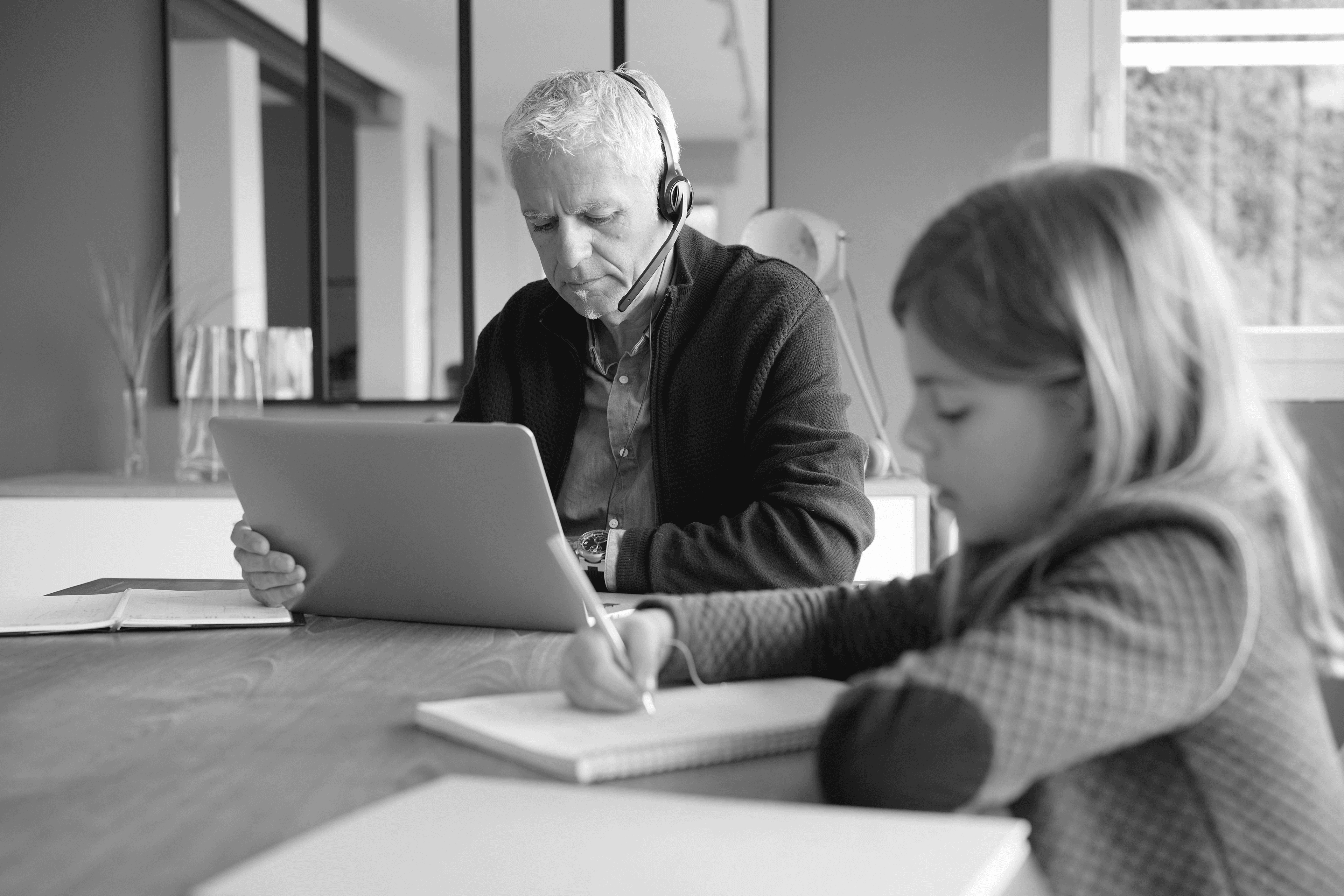News and events
This page contains Eurofound's corporate news, press releases, events and media mentions.
Virtual Visit to Estonia - Job quality a cornerstone for long-term labour market competitiveness

&w=3840&q=75)
Other upcoming events
Other upcoming events can be found below.
Tripartite Exchange Seminar (TES) 2026
Event series
Eurofound organises a substantial programme of own events throughout the year to deliver its research findings and analysis. These include the following regular events.
Brussels briefings
Dublin briefings
Eurofound LIVE webinars
Ask The Expert webinars
Virtual Visits
Past events
Brussels Briefing - Mental health: Key findings and emerging risks
Skills and jobs: How SMEs go digital
Foundation Forum 2025: Europe’s social model – the key to competitive growth
High-level conference on disability: Independent living in tomorrow’s Europe
Open House Dublin - 18 October 2025
Virtual Visit to Slovakia - The importance of job quality as a key driver in tackling labour shortages
Media mentions
Explore a selection of recent mentions of Eurofound content in press and media.
4 August 2024
Spain is the second European country that has raised the minimum wage the most in relation to the average salary
25 July 2025
The fifth industrial revolution: Where humans and machines thrive together
22 July 2025
Fact-checking claims that France's working conditions are among worst in Europe
&w=3840&q=75)


&w=3840&q=75)
&w=3840&q=75)
&w=3840&q=75)